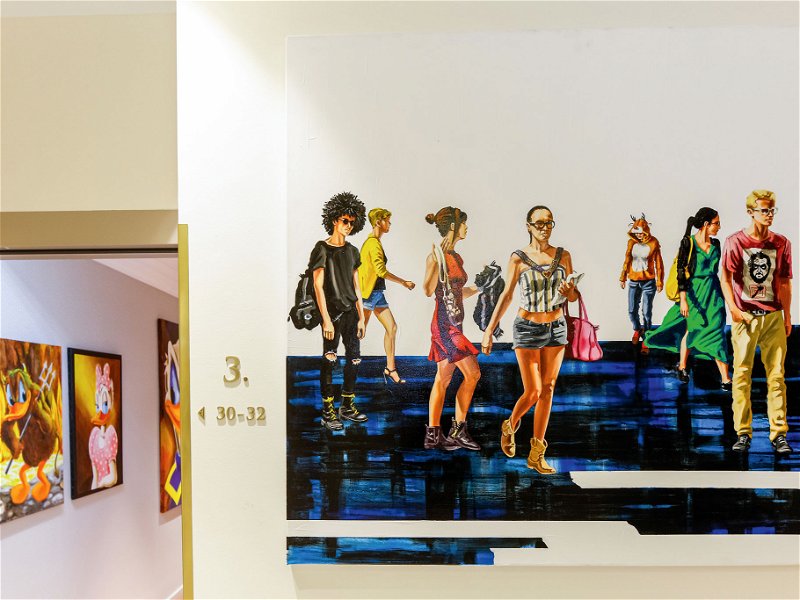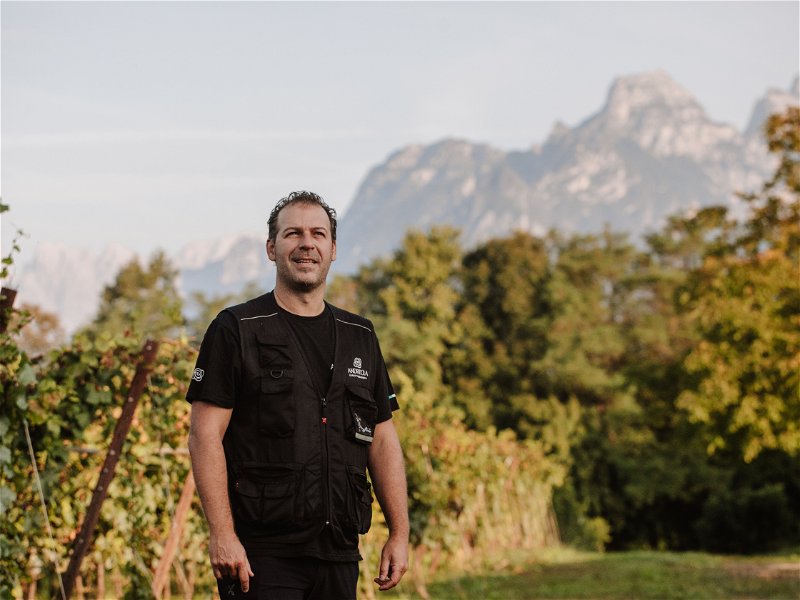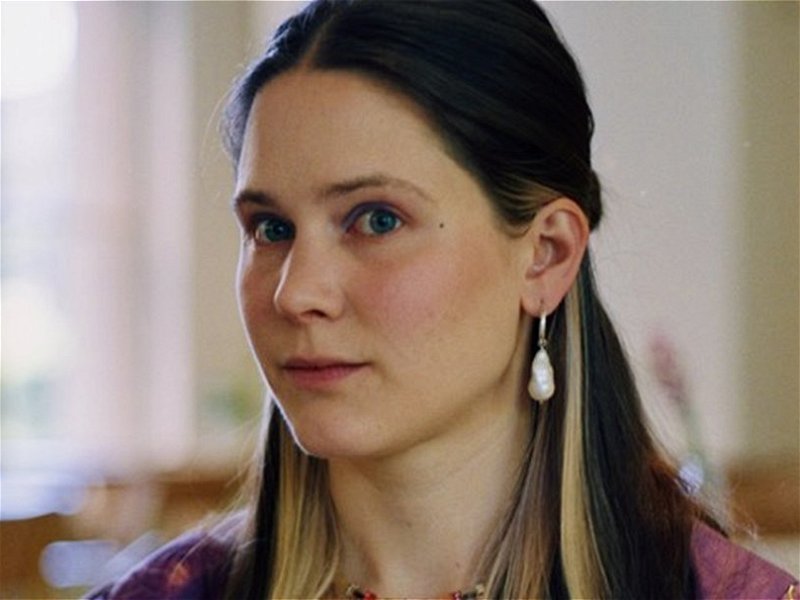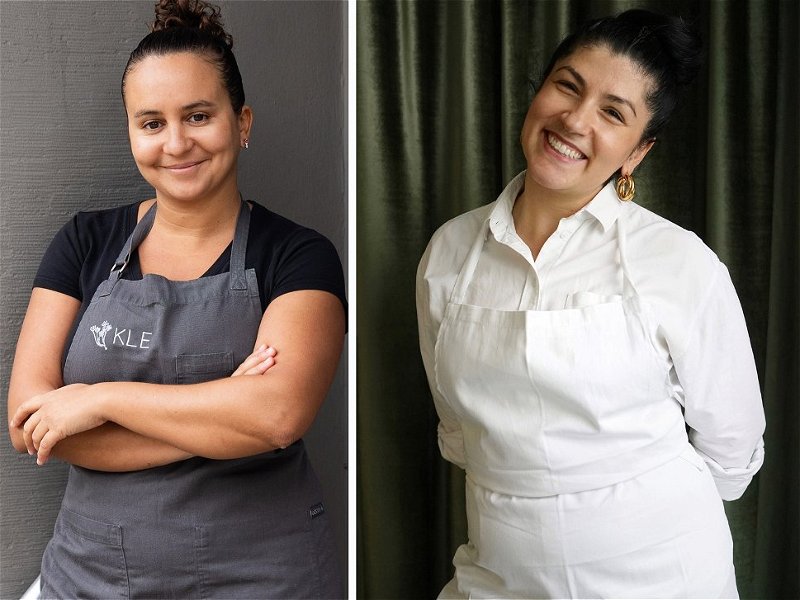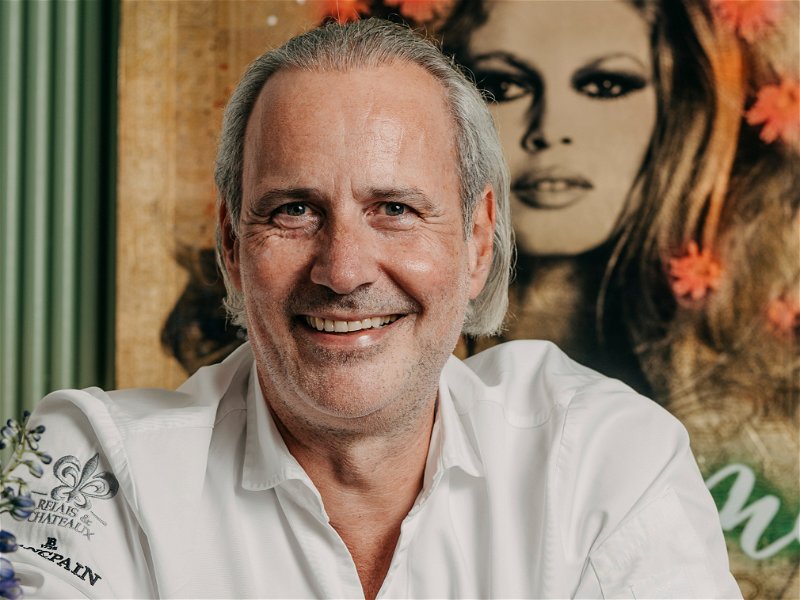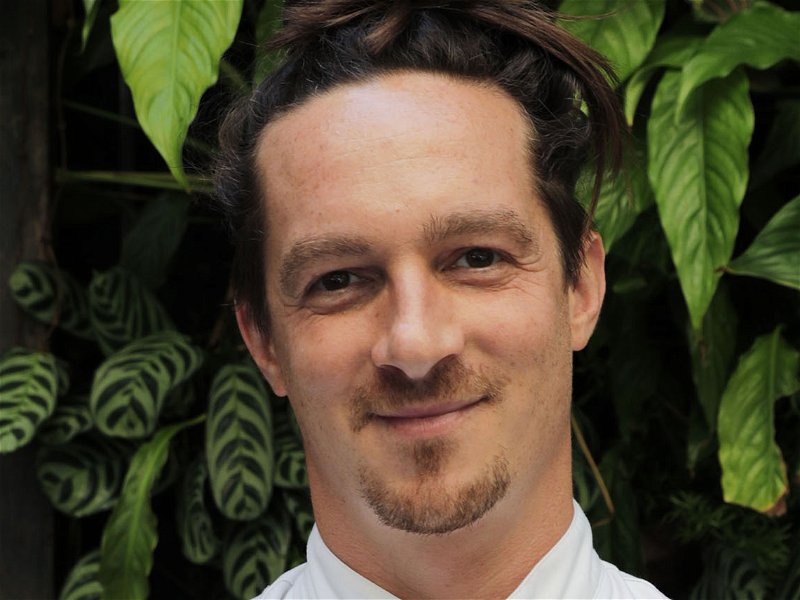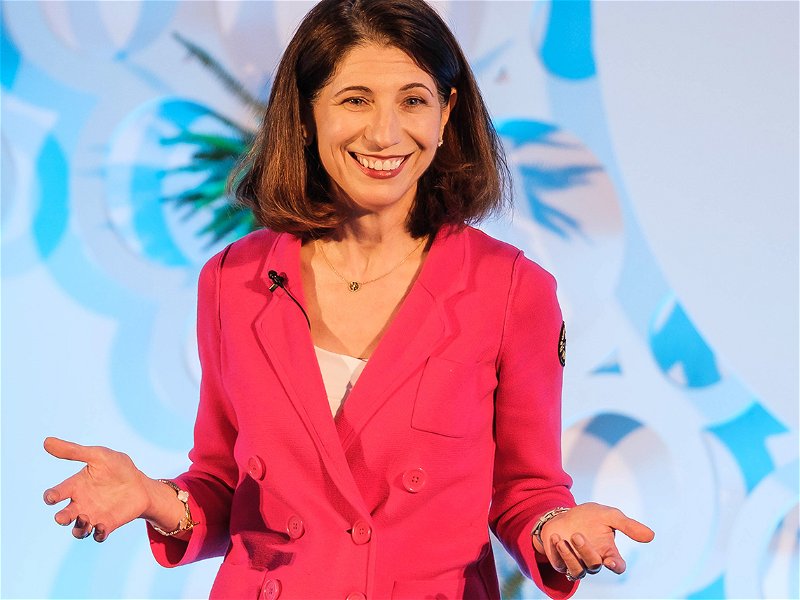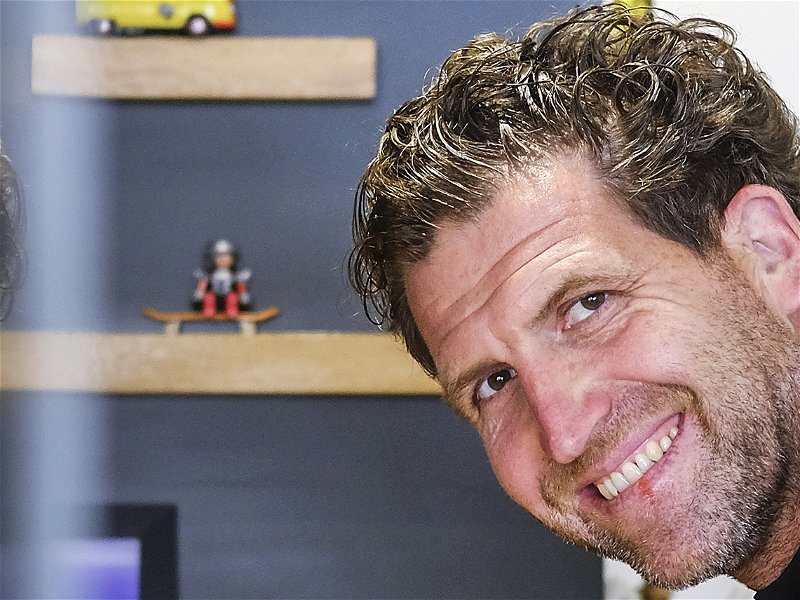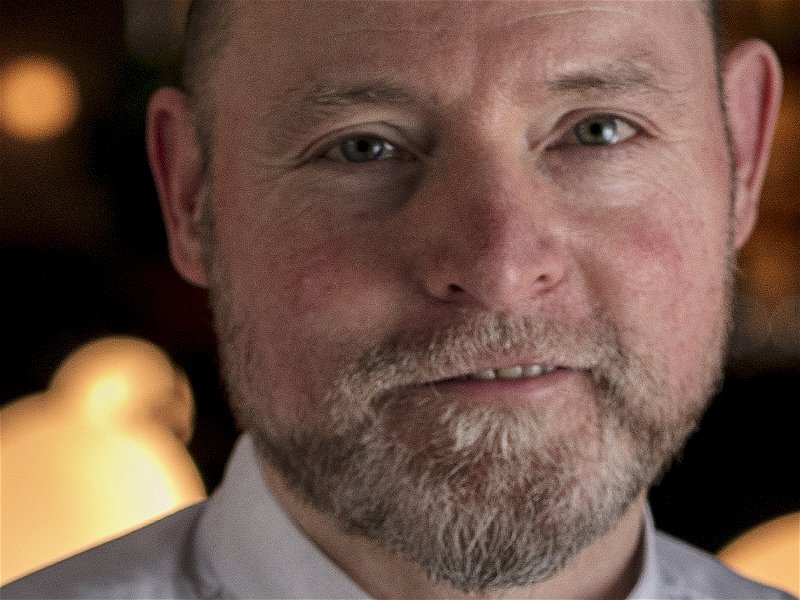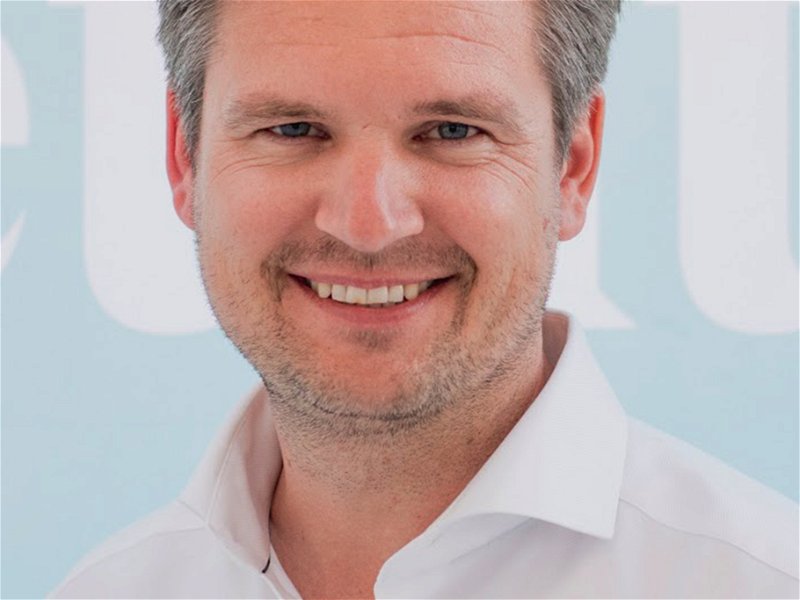Interview: Douglas McMaster talks about his zero-waste concept
The founder and chef at Silo, the world´s first zero-waste restaurant, talks about dining experiences at the London venue and his future plans.
You will find no trash cans in this restaurant: Silo follows a zero-waste ethos. Located in Hackney Wick, East London, it has been named as the “world´s first zero-waste restaurant” by its founder and chef, Douglas McMaster. Waste is eliminated by using local ingredients and trading directly with farmers, and by removing all waste packaging in food transport; any surplus food is composted.
FALSTAFF: Will restaurants like Silo remain exceptions for the immediate future?
Douglas McMaster: Yes, I think it is an exception and will remain one if there are no incentives from governments. Such incentives will have to come bottom-up for independent restaurants to change. This could happen as tax reliefs or cash injections, amongst others. We do it because I believe it has to happen, and someone has to be the first. I spent four years figuring it out, however.
Silo can be an example of how it could work?
Yes, and I’m always happy to help people, to educate and make them aware of the future. But others will find their ways.
Would you like guests coming to your restaurants for your concept, for the food, or both?
Mainly for the food and also for the overall experience. Only five per cent of our guests come to Silo because of the concept. Most guests come to our restaurant because the food is delicious and we offer a fantastic dining experience. We want to deliver good service and atmosphere, including wine and wine knowledge. All those things contribute to the overall experience, and a restaurant has to offer all those things.
Is it challenging to find employees right now?
No, we have a long list of people who want to work. We had to turn away 20 people in the last two months. People from all around the world want to come here to learn, and to witness what to do.
You mentioned creating a zero-waste certificate for restaurants some months ago.
Yes, I would love to do it, but I did not find the time. If a smart person comes to me and wants to do it, I could give my knowledge. Time is my biggest problem.
Do you have a bin at your own home?
I have pretty much zero waste at home, like at my restaurant. We are not perfect there and we make mistakes; I also make mistakes at home. But I have a small box into which I put the actual waste; I generated not more than a small jar of general waste in the last year.
How difficult is it for private households to follow a zero-waste concept?
It´s more complicated than for restaurants. It is a bit easier if you have a farmers’ market near and if you can buy at zero-waste food stores. It is difficult, but it´s doable.
What role do financial considerations play in zero-waste concepts for private households?
If you compare buying at a supermarket and a farmers’ market, buying at the farmers’ market is more expensive. But you have to think how much of the things you buy at the supermarket go in the bin. Next year, I will start a new project: for 30 days, I will strictly follow a zero-waste concept when eating lunch and dinner. I will spend at most £100, and use only organic food. I want to prove that it does not have to be expensive to turn food into delicious dishes and not waste anything. This project will start in January.
You also created a ´Zero-waste Cooking School´.
I wanted to create this channel to talk about all these essential things. Currently, we are trying to find content that is meaningful and entertaining. It is a long process, but we will get there.
Which countries are the most promising in terms of zero waste?
There are a few restaurants worldwide working with a zero-waste concept, like Nolla in Helsinki, Sem in Lisbon or Corrutela in Sao Paulo. The idea is growing slowly because it is quite difficult.
Can restaurants live and work without the current industrial supply chain?
It isn’t easy because the western world is built on it. We rely on supermarkets which sell 99 per cent of our food. This has to change.
About Douglas McMaster
Born in Sheffield, he is considered to be one of the UK´s best young chefs, and is also an author and presenter. After a spell working in Australia, he founded the zero-waste restaurant Silo in Brighton in 2014, later moving the concept to London, where he launched a zero-waste restaurant of the same name in 2019.




